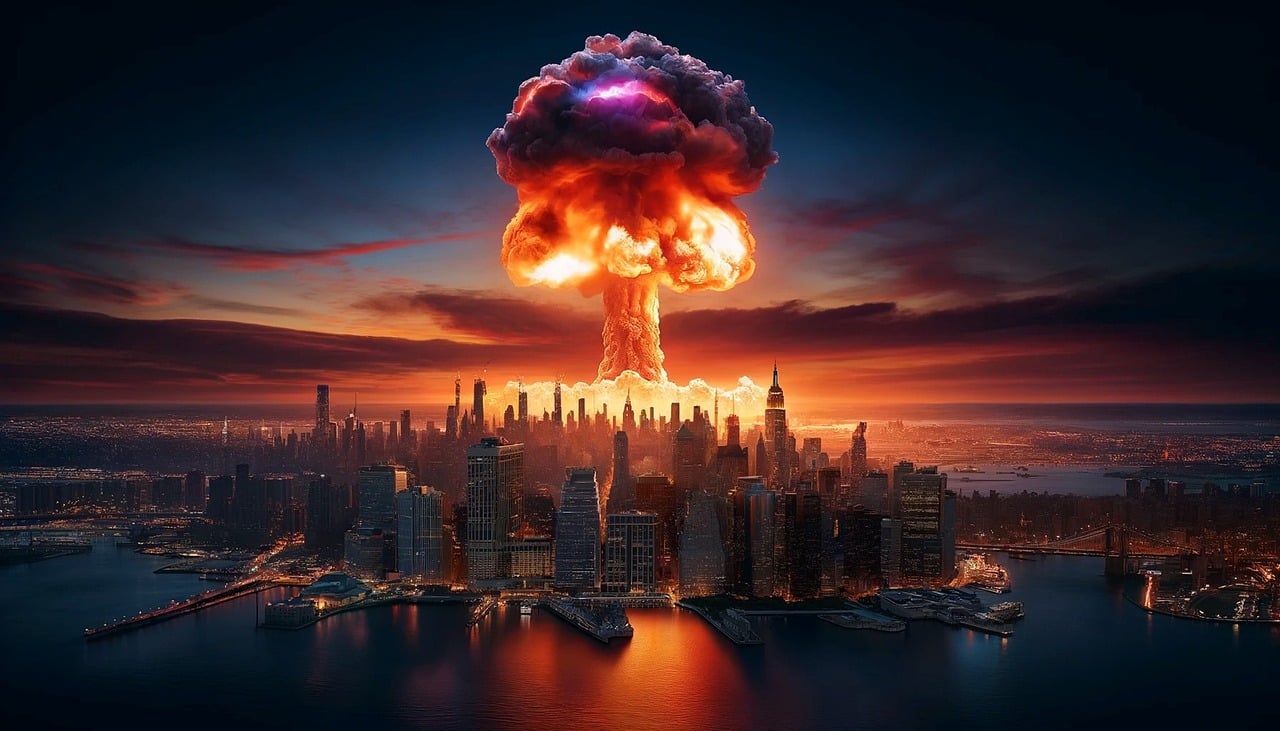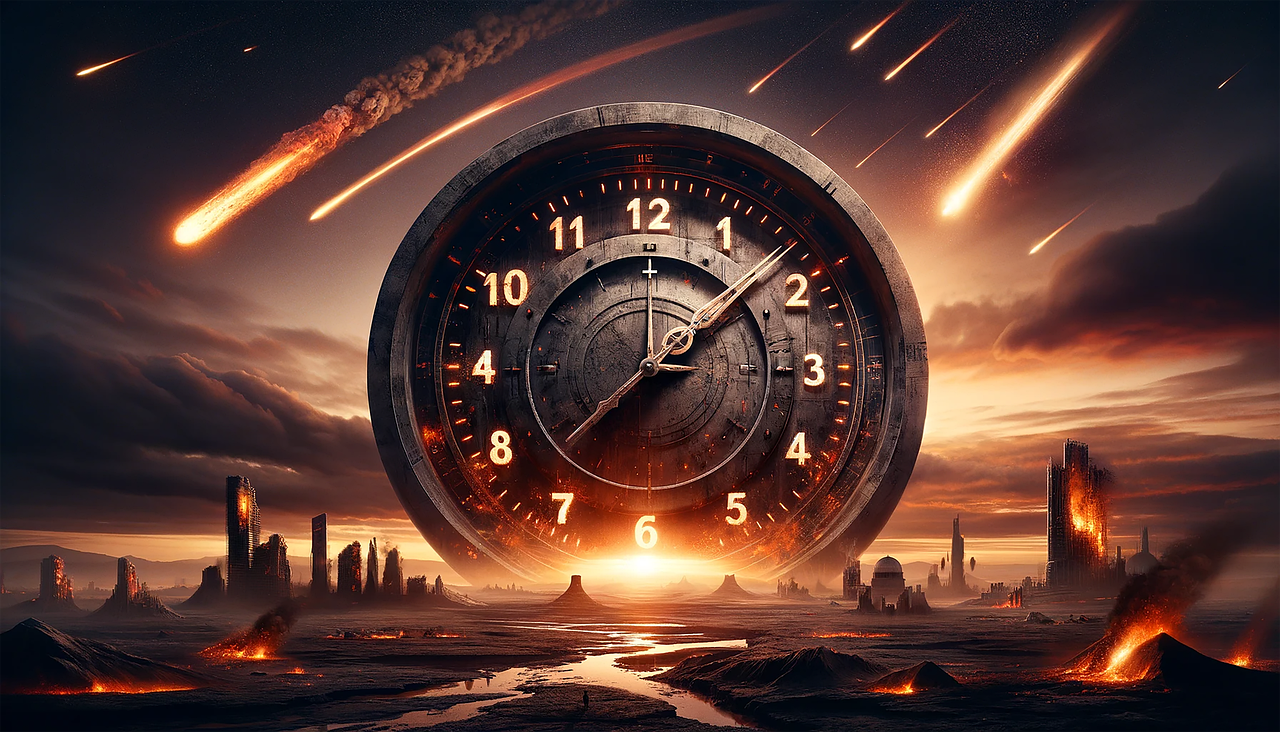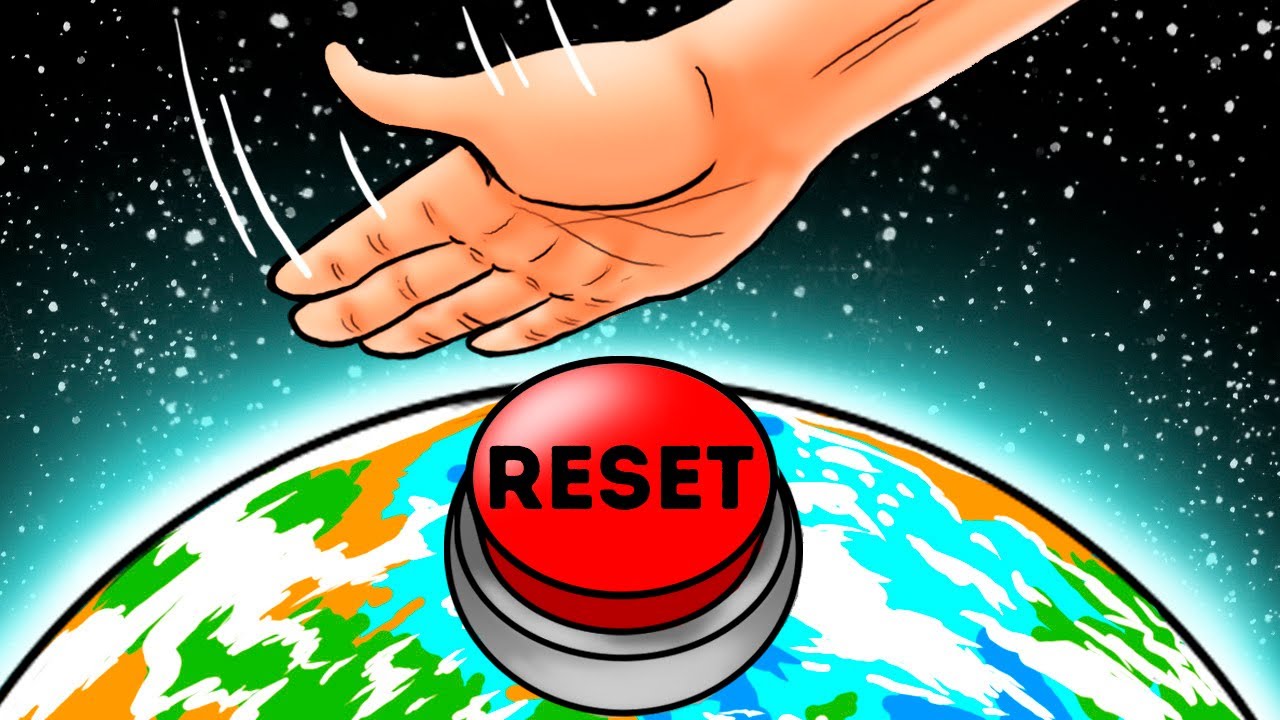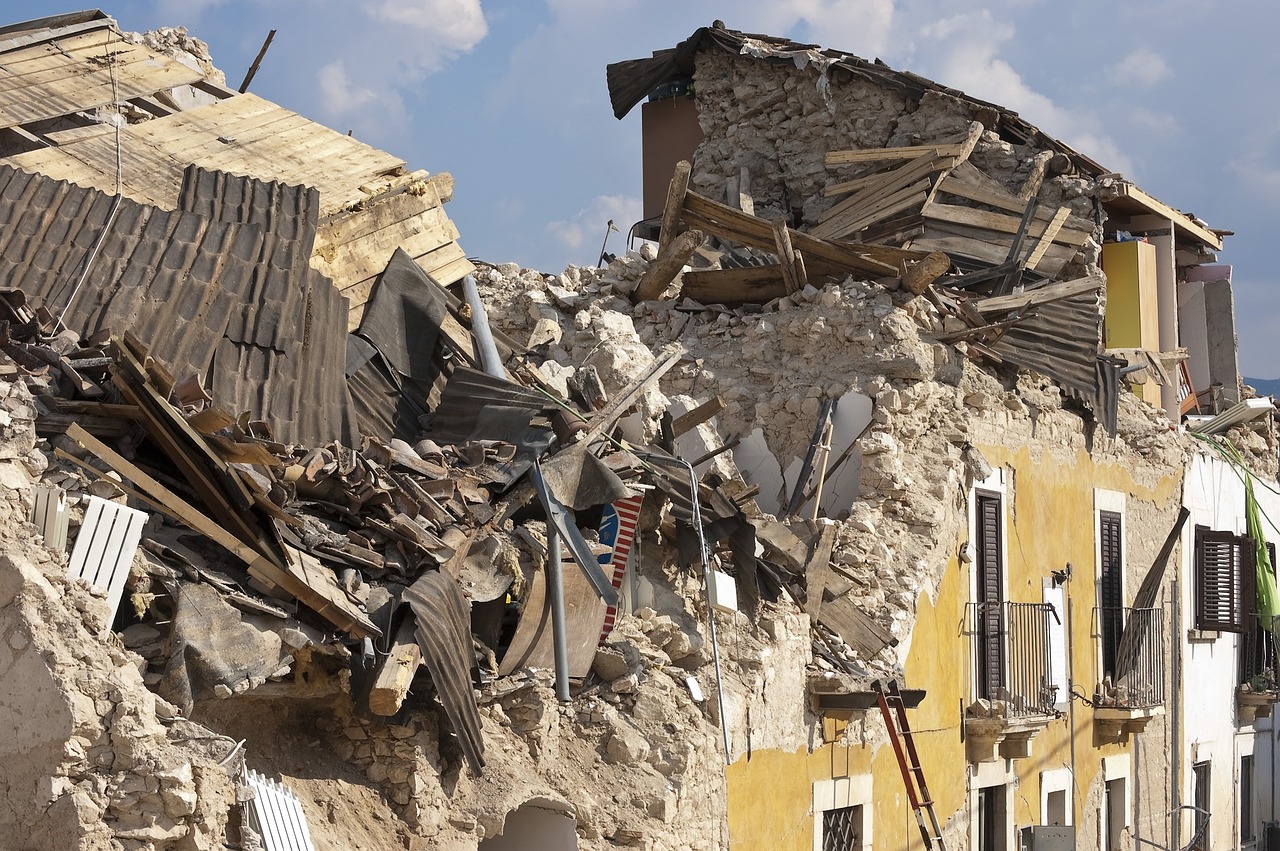Member's Opinions
NOTICE:
The following articles are opinion pieces, also known as op-eds, which are articles where the author expresses their personal viewpoint or interpretation of a specific topic. They differ from news articles by being subjective, persuasive, topical, and clear in their argument. Opinion pieces aim to persuade readers to consider the authors viewpoint through evidence, reasoning, and emotional appeals. They are typically written with the authors voice and personality, and often conclude with a call to action. Examples of opinion piece topics include political opinions, social issues, cultural commentary, and personal reflection

- Details
- By Sæbjörn Leafslayer
- Category: Opinions
Iran's potential nuclear weapons plans are worrying. They've had issues with the U. S. and others for awhile, and their nuclear program keeps moving ahead without cooperating with atomic energy groups. If they announce having nukes soon things could blow up regionally or globally.
Having an armed Iran threatens more than their neighborhood and a regional arms race might start up, setting off fights with countries nearby. Rogue states or terrorists could also try getting their own nukes if Iran has them, making the world more uneasy and risky.
Read more: Could Iran Really Declare It Has Nuclear Weapons Soon?

- Details
- By Sæbjörn Leafslayer
- Category: Opinions
The claim that "soon we will no longer be able to eat fish or seafood" is an exaggerated statement, but it does stem from real concerns about the health of the world's oceans and the sustainability of fish populations. Let's break down why this claim is not entirely accurate:
Read more: Soon We Will No Longer Be Able To Eat Fish or Seafood - Debunked

- Details
- By Sæbjörn Leafslayer
- Category: Opinions

- Details
- By Sæbjörn Leafslayer
- Category: Opinions
Many people have talked about the Great Reset, a plan to change how the world economy and society work, especially after the COVID-19 pandemic. Some say this wont happen by 2030 for various reasons.

- Details
- By Sæbjörn Leafslayer
- Category: Opinions
Project 2025 is a term that encompasses various hypothetical scenarios, plans, or predictions about significant events or transformations expected to occur by the year 2025. However, there are several factors that could potentially prevent the realization of such a project.
Firstly, overestimation of feasibility can be a major roadblock. Technological limitations and resource constraints are common challenges that large-scale projects face. If the necessary technology fails to develop as expected or if there is a lack of resources, the project may not be achievable.

- Details
- By Sæbjörn Leafslayer
- Category: Opinions
So, the big question is whether Japan could really get smacked by a massive earthquake that could totally wreck everything, right? Well, considering Japans location on the Pacific Ring of Fire where tectonic plates collide, its definitely a possibility. I mean, look at the history - the Great Kanto Earthquake in 1923 and the Tohoku Earthquake in 2011 were no joke.
Read more: Can Japan Survive a "Once in a Century" Earthquake?
